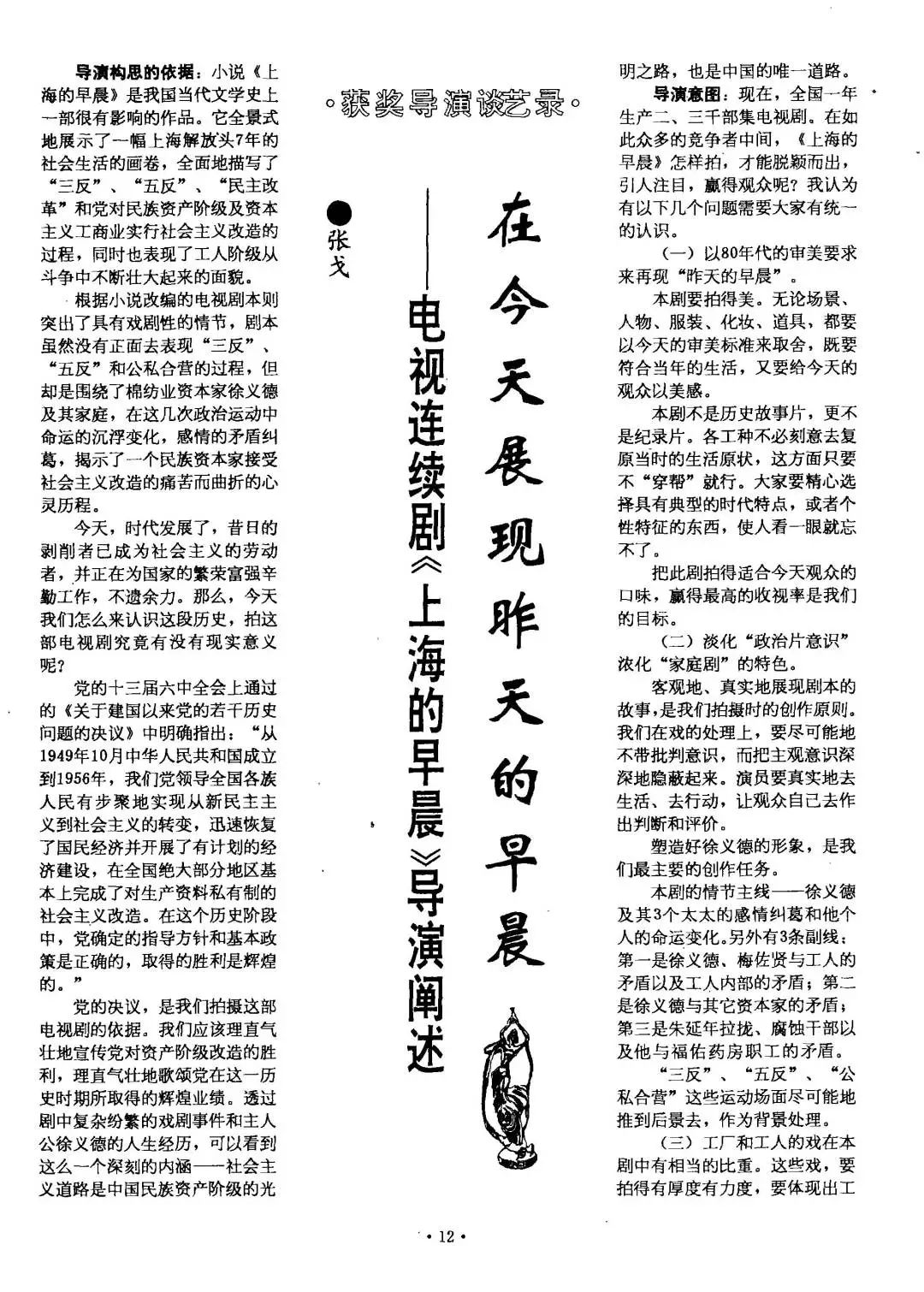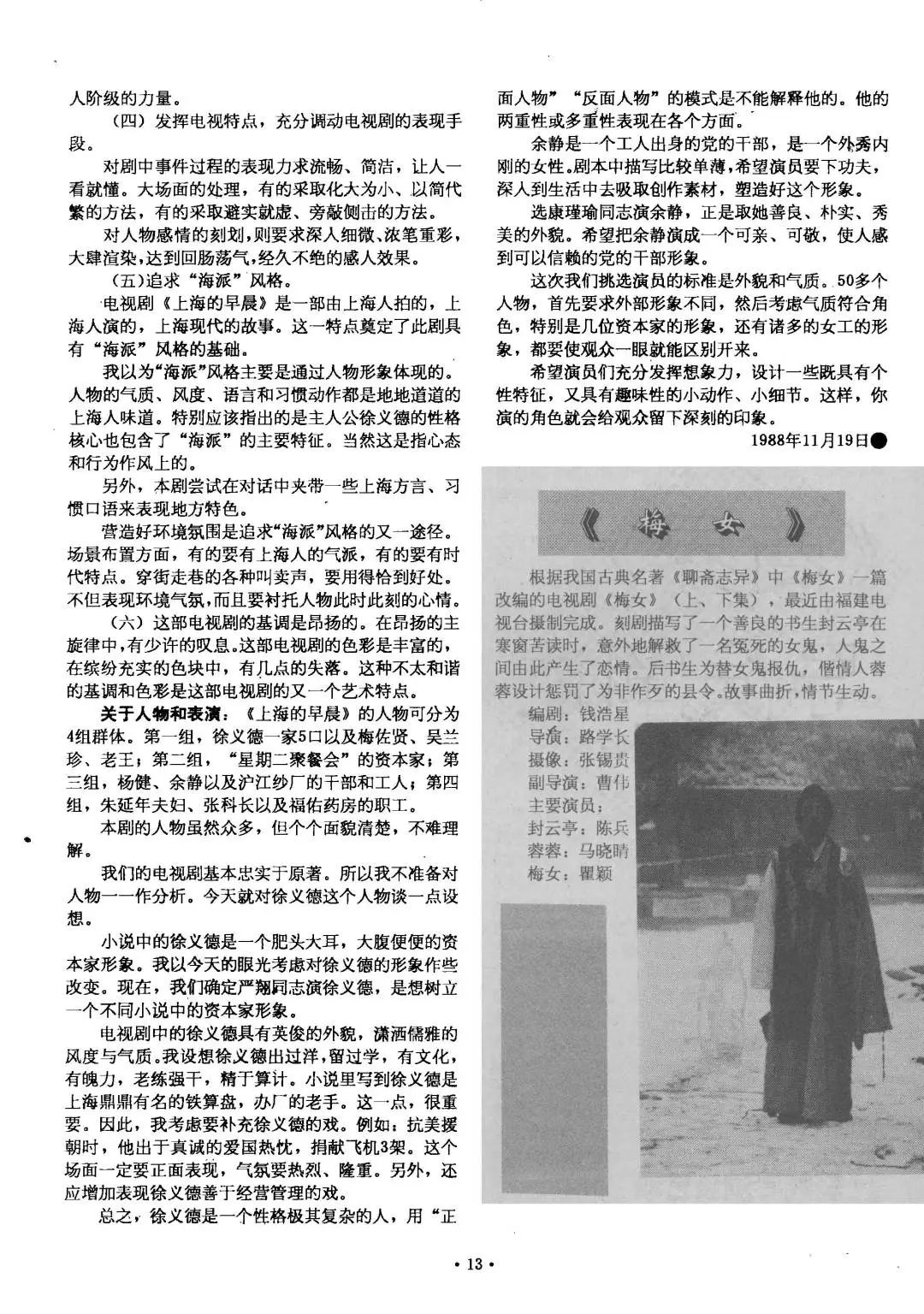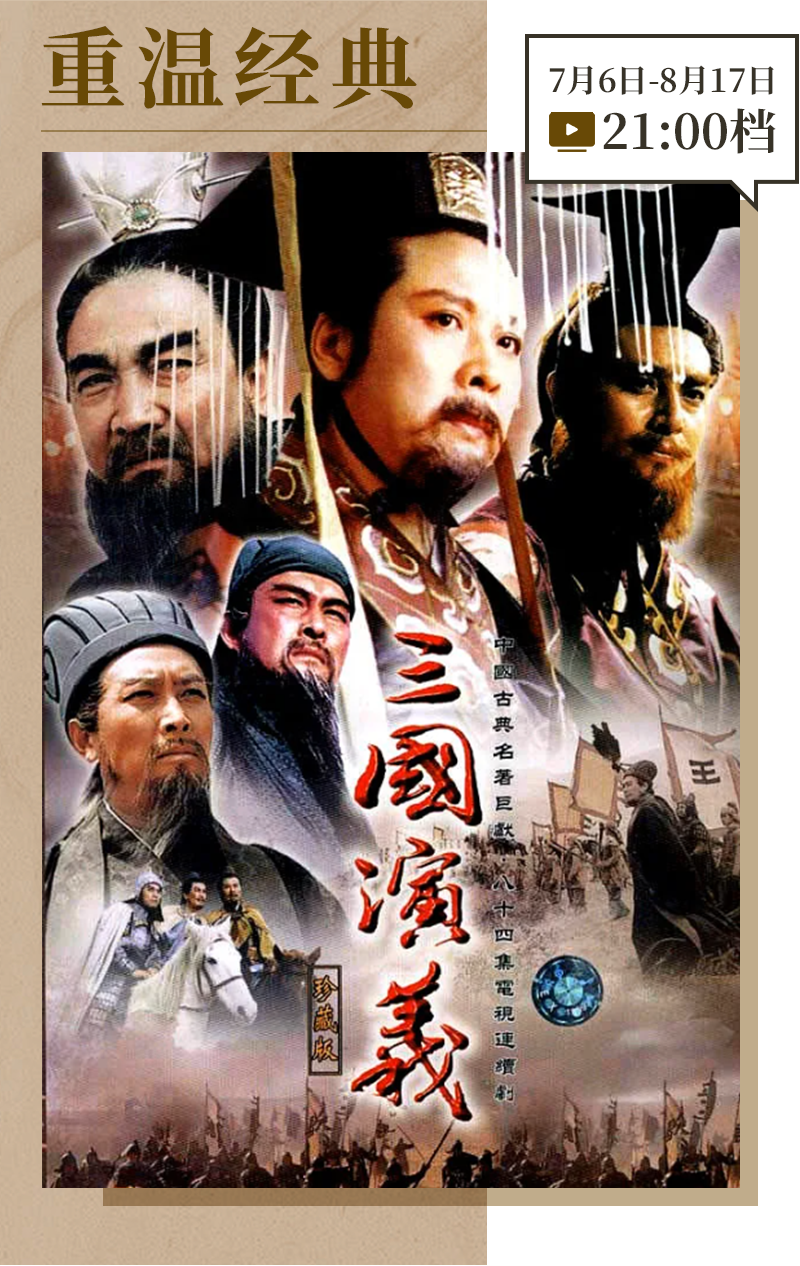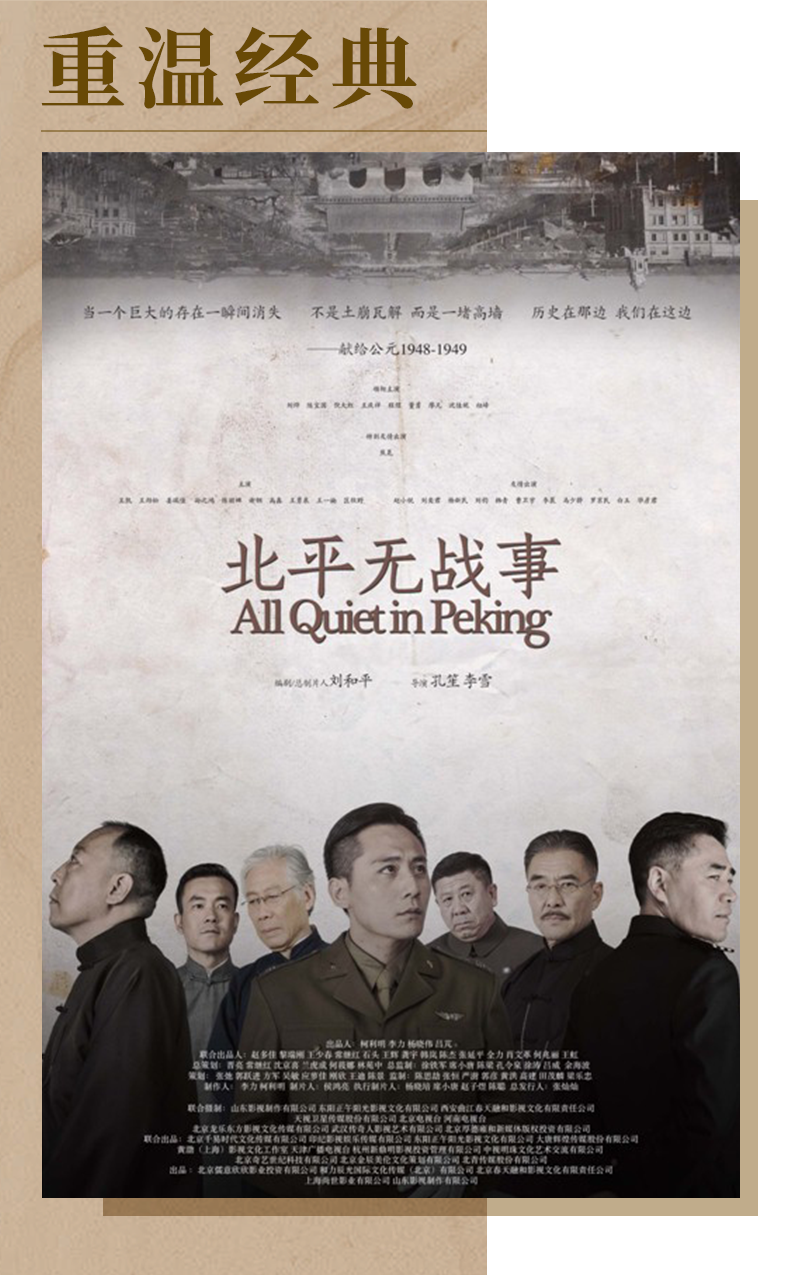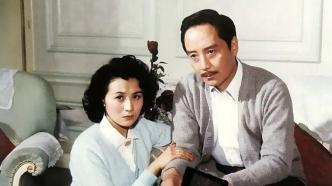
The TV series "Morning in Shanghai", adapted from the novel of the same name by the famous writer Zhou Erfu and first broadcast in 1989, will be broadcast on the "Revisiting Classics" channel from May 13. The drama is set in Shanghai in the 1950s, telling the difficult process of the Chinese Communist Party's socialist transformation of national industry and commerce, reflecting the era of Shanghai in the early days of liberation.
The drama won the second prize of the 10th China TV Drama "Flying Apsaras Award" and is one of the outstanding representatives of Shanghai-produced TV dramas. The director Zhang Ge's creative description published in the 6th issue of "China Television" in 1990 is now republished to review the creative process of "Shanghai Morning" yesterday.
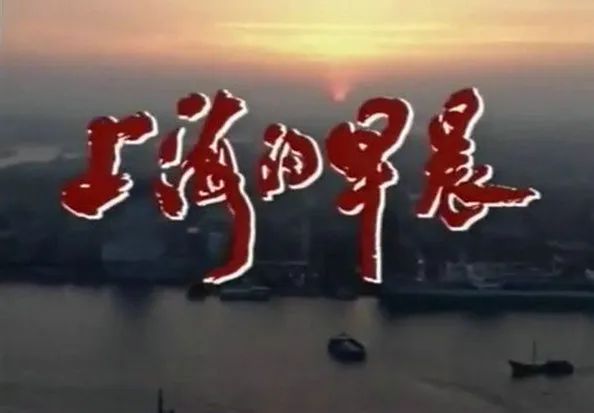
Conceptual basis:
Tell this history with reason and evidence
The novel "Morning in Shanghai" is a very influential work in the history of contemporary Chinese literature. It presents a panoramic picture of social life in Shanghai during the seven years after its liberation, and comprehensively describes the "Three Antis", "Five Antis", "Democratic Reform" and the process of the Party's socialist transformation of the national bourgeoisie and capitalist industry and commerce, while also showing the growing strength of the working class from the struggle.
The TV script adapted from the novel highlights the dramatic plot, revolving around the ups and downs of the fate of cotton textile capitalist Xu Yide and his family in the political movement, revealing the tortuous spiritual journey of a national capitalist in accepting socialist transformation.
We should justifiably praise the brilliant achievements made by the Party in this historical period. Through the complicated dramatic events and the life experience of the protagonist Xu Yide, we can see that the socialist road is the bright road of the national bourgeoisie in modern China and the only road for China.
Creative intention:
Recreating Shanghai's "Yesterday's Morning" with Contemporary Aesthetics
How should "Morning in Shanghai" be filmed to attract attention and win audiences?
First, we need to reproduce "Yesterday's morning" according to the current aesthetic requirements. Although the play is set in Shanghai in the 1950s, the scenes, characters, costumes, makeup, props, etc. must be selected according to today's (1980s) aesthetic standards, which must be consistent with the life of the time and give today's audiences a sense of beauty. This play is not a historical feature film, let alone a documentary. All types of work do not need to deliberately restore the original state of life at that time, but they need to carefully select things with typical characteristics of the era so that people will never forget them after just one look.
The second is to enrich the characteristics of "family drama". Objectively and truthfully presenting the story of the script is our creative principle during filming. Shaping a good image of Xu Yide is our most important creative task. The main plot of this drama is the emotional entanglement between Xu Yide and his three wives and his personal changes in fate. There are also three subplots: including the contradictions between Xu Yide, Mei Zuoxian and the workers and the contradictions among the workers; the contradictions between Xu Yide and other capitalists; Zhu Yannian's solicitation and corruption of cadres and his contradictions with the employees of Fuyou Pharmacy. "Three Antis", "Five Antis" and "Public-Private Partnership" are used as background treatment.
The third is to show the strength of the working class. The scenes about factories and workers account for a considerable proportion of the drama, and these scenes must be filmed with depth and strength.
Fourth, we need to make full use of the means of expression of the TV series. We should strive to express the process of events in the play in a smooth and concise way so that people can understand it at a glance. In dealing with large scenes, some adopt the method of reducing the big to the small and simplifying the complex, while others adopt the method of avoiding the real and attacking the false and making indirect remarks. The portrayal of the characters' emotions requires in-depth and subtle, heavy and colorful descriptions, and exaggerated descriptions to achieve a moving and lasting effect.
The fifth is to pursue the "Shanghai style". "Morning in Shanghai" is a story about modern Shanghai filmed by Shanghai people and performed by Shanghai people. This feature lays the foundation for the "Shanghai style" of this play. The temperament, demeanor, language and habitual movements of the characters are all authentic Shanghainese. The core of Xu Yide's character also contains the main characteristics of "Shanghai style". This play tries to insert some Shanghai dialect and habitual colloquialisms into the dialogue to show local characteristics.
Creating a good environment and atmosphere is another way to pursue the "Shanghai style". The scene layout should have the style of Shanghai people, and the various hawking sounds in the streets and alleys should be used just right, not only to express the environment and atmosphere, but also to set off the mood of the characters at the moment.
Finally, the tone of this TV series is uplifting. In the uplifting main theme, there is a little sigh. The colors of this TV series are rich, and in the colorful and substantial color blocks, there are a few points of loss. This unharmonious tone and color is another artistic feature of this TV series.
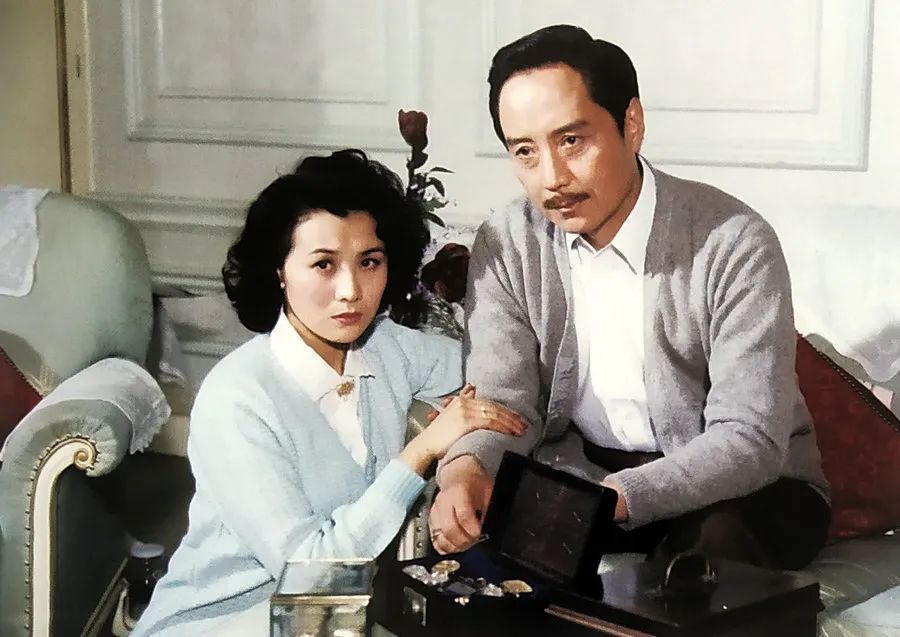
Characters and Performances:
How to create a capitalist image that is different from the original work
Xu Yide in the novel is a fat, big-eared, pot-bellied capitalist. I am considering making some changes to Xu Yide's image from today's perspective. Now, we have determined that Comrade Yan Xiang plays Xu Yide in order to establish a capitalist image that is different from the one in the novel.
Xu Yide in the TV series has a handsome appearance, a chic and elegant demeanor and temperament. I imagine Xu Yide has been abroad, studied abroad, is educated, courageous, experienced, capable, and good at calculating. The novel says that Xu Yide is a well-known abacus in Shanghai and a veteran in running factories. This is very important, so I am considering adding more scenes about Xu Yide. For example: During the War to Resist U.S. Aggression and Aid Korea, he donated five airplanes out of sincere patriotic enthusiasm. This scene must be presented positively, and the atmosphere must be warm and solemn. In addition, there should be more scenes showing that Xu Yide is good at business management.
In short, Xu Yide is a person with an extremely complex personality, and he cannot be explained by the model of "positive character" or "negative character". His duality or multiplicity is manifested in all aspects.
This time, our criteria for selecting actors were appearance and temperament. There were more than 50 characters, and first of all, we required them to have different appearances, and then we considered whether their temperaments matched the roles. In particular, the images of several capitalists and many female workers should be distinguishable to the audience at a glance.
We hope that the actors can give full play to their imagination and design some small movements and details that are both individual and interesting. In this way, the characters they play will leave a deep impression on the audience.
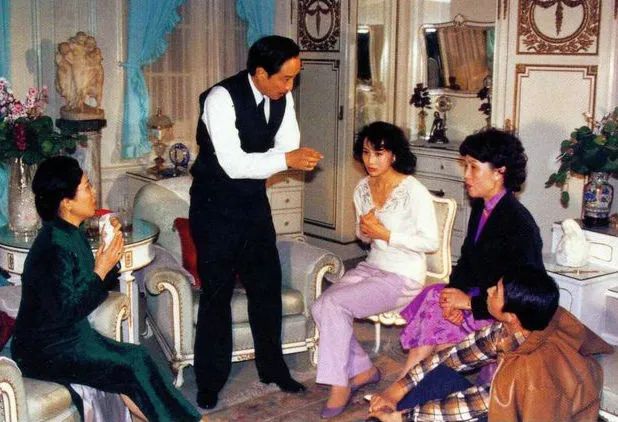
Appendix: The original text of "Presenting Yesterday's Morning Today - Explanation by the Director of the TV Series "Morning in Shanghai"" from the 6th issue of "China Television" magazine in 1990
